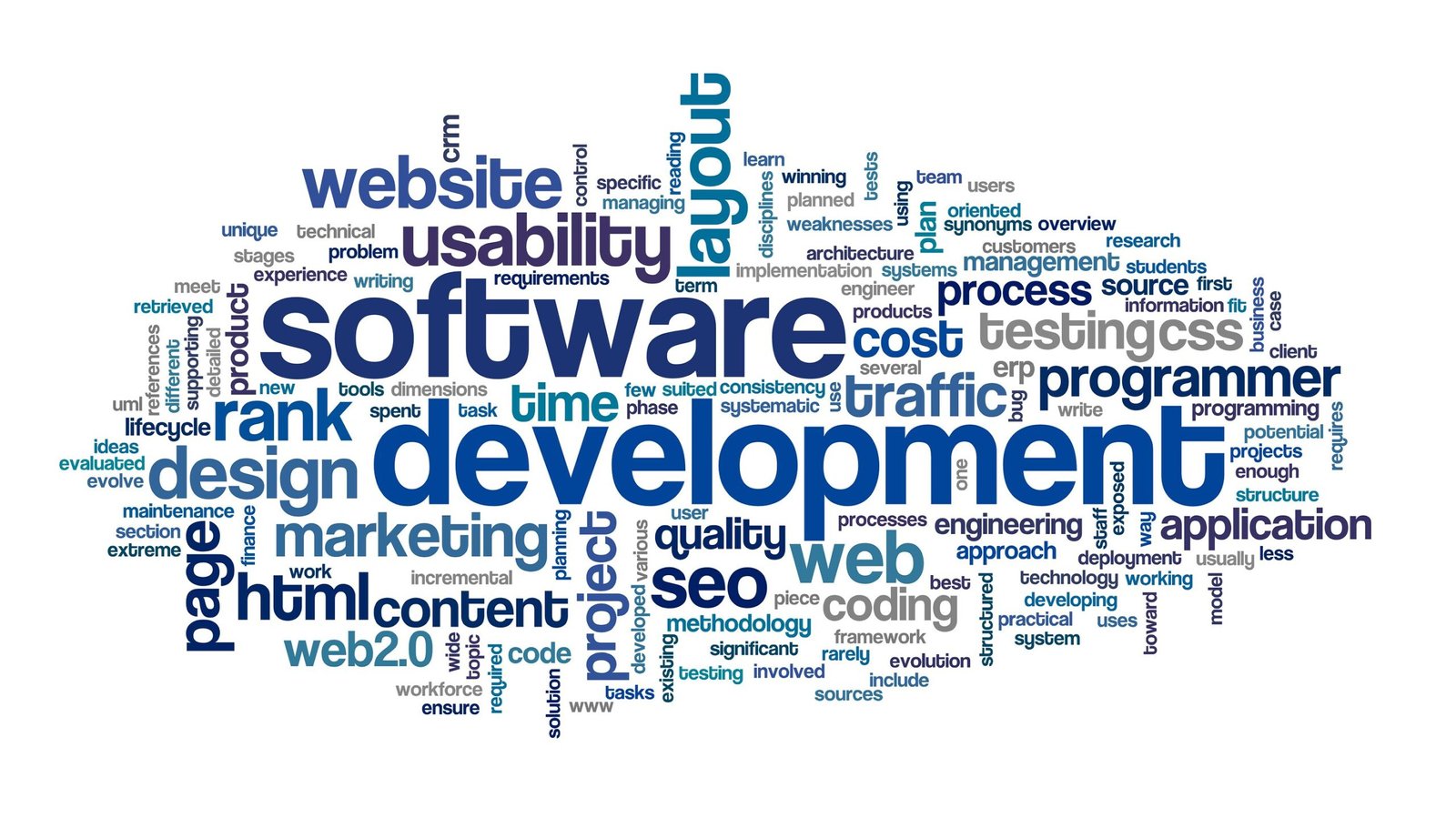Embarking on the journey of building a startup is a thrilling yet challenging endeavor. In today’s digital age, software development plays a pivotal role in shaping the trajectory of startups, serving as the foundation for innovative products and services. However, navigating the complexities of software development as a startup can be daunting, with limited resources, tight timelines, and ever-changing market dynamics. In this comprehensive guide, we’ll delve deep into the key considerations, strategies, and best practices for startups embarking on their software development journey. Infused with a humanized approach that prioritizes empathy, collaboration, and adaptability, we’ll explore how startups can navigate the intricacies of software development while staying true to their vision and values.

Understanding the Startup Landscape:
Before diving into the intricacies of software development, it’s essential for startups to gain a comprehensive understanding of the landscape in which they operate. This includes identifying target markets, conducting market research, understanding customer needs and pain points, and evaluating competitive landscapes. By gaining deep insights into the problem they aim to solve and the value they seek to deliver, startups can lay a solid foundation for their software development efforts.
Humanizing the Development Process:
At the core of successful software development for startups lies a humanized approach that prioritizes the needs and experiences of end-users. This involves actively engaging with potential customers, soliciting feedback, and iteratively refining product features based on user insights. By adopting user-centered design principles and incorporating feedback loops into the development process, startups can create products that resonate with their target audience and address real-world needs effectively.
Agile Methodology and Iterative Development:
In the fast-paced world of startups, agility and adaptability are paramount. Agile methodologies, such as Scrum or Kanban, provide startups with a framework for iterative development, enabling them to respond quickly to changing requirements and market dynamics. By breaking down projects into smaller, manageable tasks and delivering incremental value with each iteration, startups can mitigate risks, maintain flexibility, and accelerate time-to-market.
Building a Cross-Functional Team:
Successful software development for startups requires more than just technical expertise—it requires a diverse team with a range of skills and perspectives. Beyond developers, startups should seek to build cross-functional teams that encompass product management, design, marketing, and customer support. By fostering collaboration and communication across disciplines, startups can ensure alignment around product vision and deliver holistic solutions that meet both technical and business objectives.
Embracing Lean Startup Principles:
The Lean Startup methodology, popularized by Eric Rise, emphasizes the importance of validated learning, experimentation, and rapid iteration in startup development. By adopting a lean mindset and embracing a culture of experimentation, startups can validate assumptions, test hypotheses, and iterate on product concepts with minimal resources. This approach not only minimizes waste and maximizes efficiency but also fosters a culture of innovation and continuous improvement.
Leveraging Outsourcing and Partnerships:
For startups with limited resources or specialized needs, outsourcing certain aspects of software development can be a strategic option. Whether it’s leveraging external development teams, partnering with technology vendors, or utilizing third-party services, startups can tap into external expertise and resources to augment their internal capabilities. However, it’s essential to approach outsourcing with caution, ensuring alignment with strategic objectives and maintaining clear communication and accountability throughout the engagement.
Prioritizing Scalability and Maintainability:
As startups grow and evolve, scalability and maintainability become critical factors in the long-term success of their software solutions. Startups should design their software architectures with scalability in mind, anticipating future growth and ensuring that systems can handle increased load and complexity. Moreover, prioritizing clean code, modular design, and automated testing practices can facilitate ongoing maintenance and reduce technical debt as the product matures.
Embracing Failure and Iteration:
In the unpredictable world of startups, failure is not only inevitable but also a valuable learning opportunity. Startups should embrace a culture of experimentation, iteration, and continuous improvement, recognizing that setbacks are a natural part of the journey toward success. By encouraging risk-taking, celebrating failures, and extracting actionable insights from setbacks, startups can adapt and evolve their software solutions iteratively, ultimately increasing their chances of long-term success.
Investing in Customer Success and Support:
Beyond the initial development phase, startups must invest in customer success and support to ensure the ongoing satisfaction and retention of their user base. This includes providing comprehensive documentation, responsive customer support channels, and proactive engagement with users to address their needs and concerns. By prioritizing customer success and building strong relationships with users, startups can foster loyalty, advocacy, and long-term growth.
Conclusion:
In the ever-changing landscape of startup development, software plays a pivotal role in driving innovation, growth, and success. By adopting a comprehensive approach that prioritizes empathy, collaboration, and adaptability, startups can navigate the complexities of software development with confidence and resilience. From understanding user needs to embracing agile methodologies and fostering cross-functional collaboration, startups can create impactful software solutions that resonate with their target audience and drive long-term value. As startups embark on their software development journey, let us remember that behind every line of code lies the opportunity to make a meaningful difference in the lives of others.
